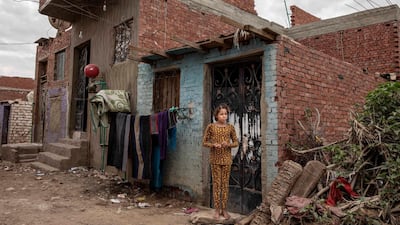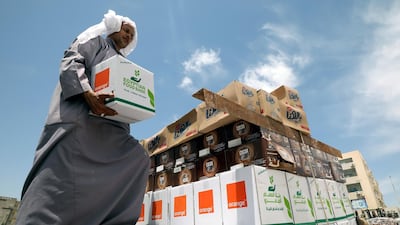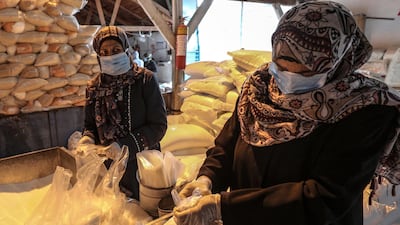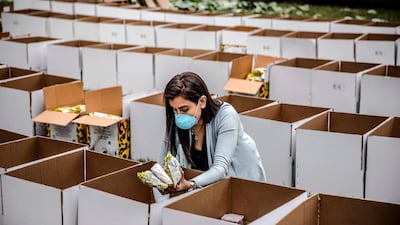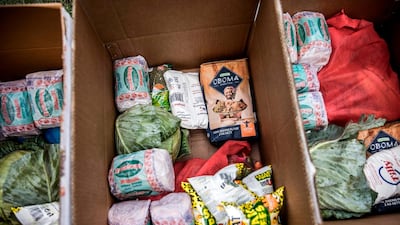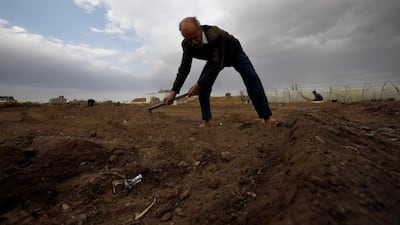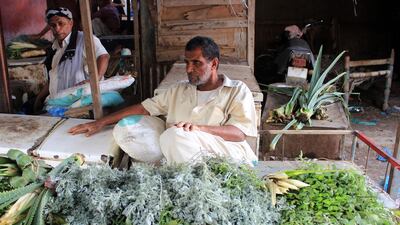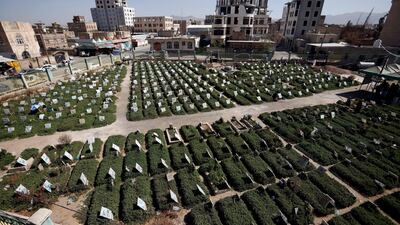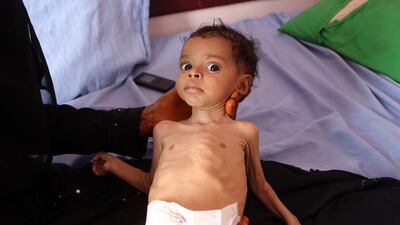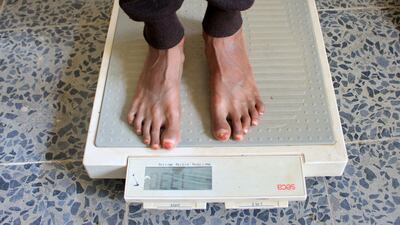Greater input from the private sector is crucial in helping to tackle global food shortages but it must be done in a way that does not displace the developing world’s smallholder farmers, the head of the World Food Programme said.
David Beasley told the World Economic Forum’s Davos 2021 that, while previously shunned by the UN, the private sector is now being embraced thanks to an “extraordinary new spirit” and has a major role to play in dealing with global food supply.
“My question is not how can the private sector help the United Nations, but how can the United Nations help the private sector be more strategic, more engaged in countries around the world?” he said.
Mr Beasley is in talks with private sector companies to analyse how they can be better used in developing countries with smallholder farms.
“How can you bring your practices there, integrate but not displace the smallholder farmers but actually integrate them more strategically? Because if we don’t, if we continue the same path we’re going to have destabilisation when we displace workforce.
“We’ve got to be more efficient, but more strategic and politically sensitive at the same time.”
Mr Beasley said the food system “is not broken”, comparing the extreme poverty rates of today to 200 years ago and the progress made since then.
“But try telling that to the 10 per cent that aren’t getting an appreciation of this great asset-sharing. We’ve got to continue to work the system, we’ve got to make certain that we are less vulnerable to Covid-type impacts. There are going to be more of those,” he said.
“If you think you had trouble getting toilet paper in New York because of supply chain disruption, what do you think is happening in Chad, in Niger, in Mali and places like that?”

